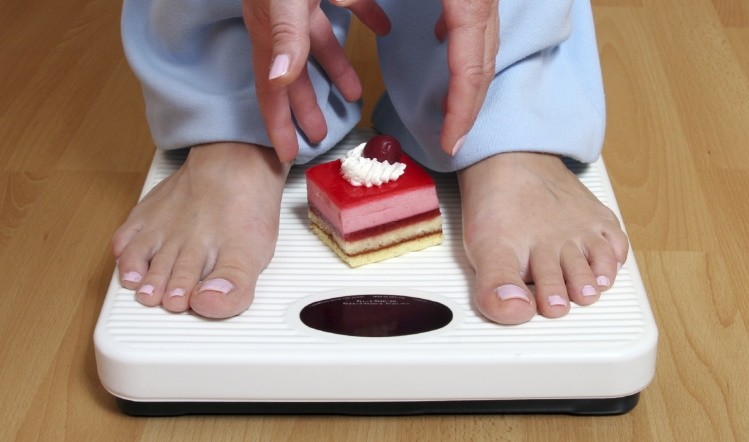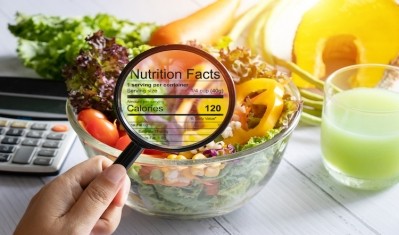Public Health England cuts ‘unrealistic’ calorie targets

PHE’s new voluntary targets call for a 10% reduction in the calories found in ready meals, chips and garlic bread, as well as a maximum calorie guideline for all categories. This includes a 5% calorie reduction in crisps, savoury snacks and sandwiches, and a 20% cut in pizza and pastry products.
These targets halve the original reductions recommended in PHE’s report Calorie Reduction: the scope and ambition for action published in March 2018. That report called for a 20% reduction in calories across all ranges by 2024.
Stakeholder feedback found the guidelines were too ‘unrealistic’ and opted for a more achievable goal of 10% calorie reduction across most ranges sold by retailers.
Out-of-home recommendations
The recommended 20% calorie reduction is still being advised for foods from foodservice channels. PHE said this was due to restaurant and takeaway food containing more calories than that bought from retailers.
Public health minister Jo Churchill said: “The food industry can play their part, by making it as easy as possible for everyone to eat more healthily. These guidelines will help them take positive action.”
PHE nutritionist Dr Alison Tedstone added: “This is about broadening choice for consumers, as well as making the healthier choice the easy choice. Progress to date on sugar and salt reduction has shown that this can happen without compromising on taste and quality.”
Food and Drink Federation (FDF) chief operating officer Tim Rycroft said the new 10% reduction still represented a “monumental challenge” for food and drink manufacturers, especially given the challenges of COVID-19 and Brexit.
Not enough time
“It is also extraordinary that, after the most challenging year for food and drink ever, we have not been given more time to achieve this,” said Rycroft. “Food and drink manufacturers have spent most of 2020 engaged in herculean efforts to keep the nation fed, yet there is absolutely no recognition of this.”
Rycroft argued the guidelines would be much harder to achieve if the Government’s recent obesity strategy was implemented.
“The current proposals to restrict promotions and advertising of many everyday foods and drinks will prevent companies from bringing reformulated, healthier options to the attention of shoppers,” he added.
Part one of the National Food Strategy, led by British entrepreneur Henry Dimbleby, has been published. It is the first independent review of the UK’s food policy in nearly 75 years.
















